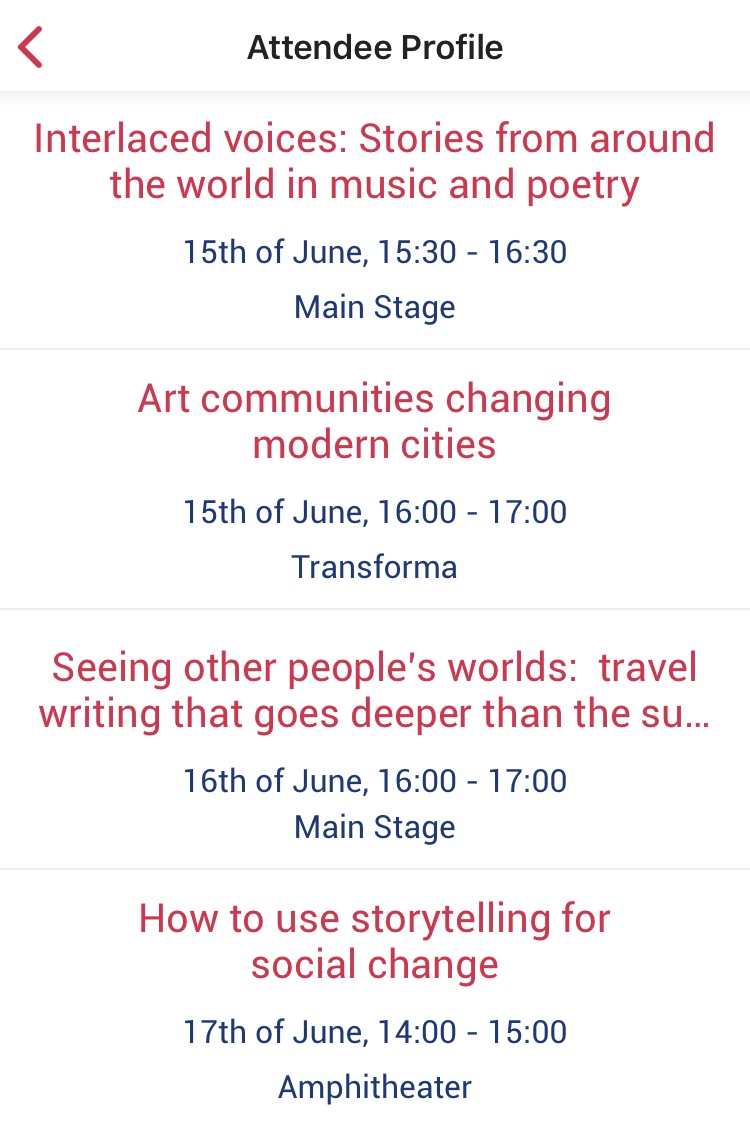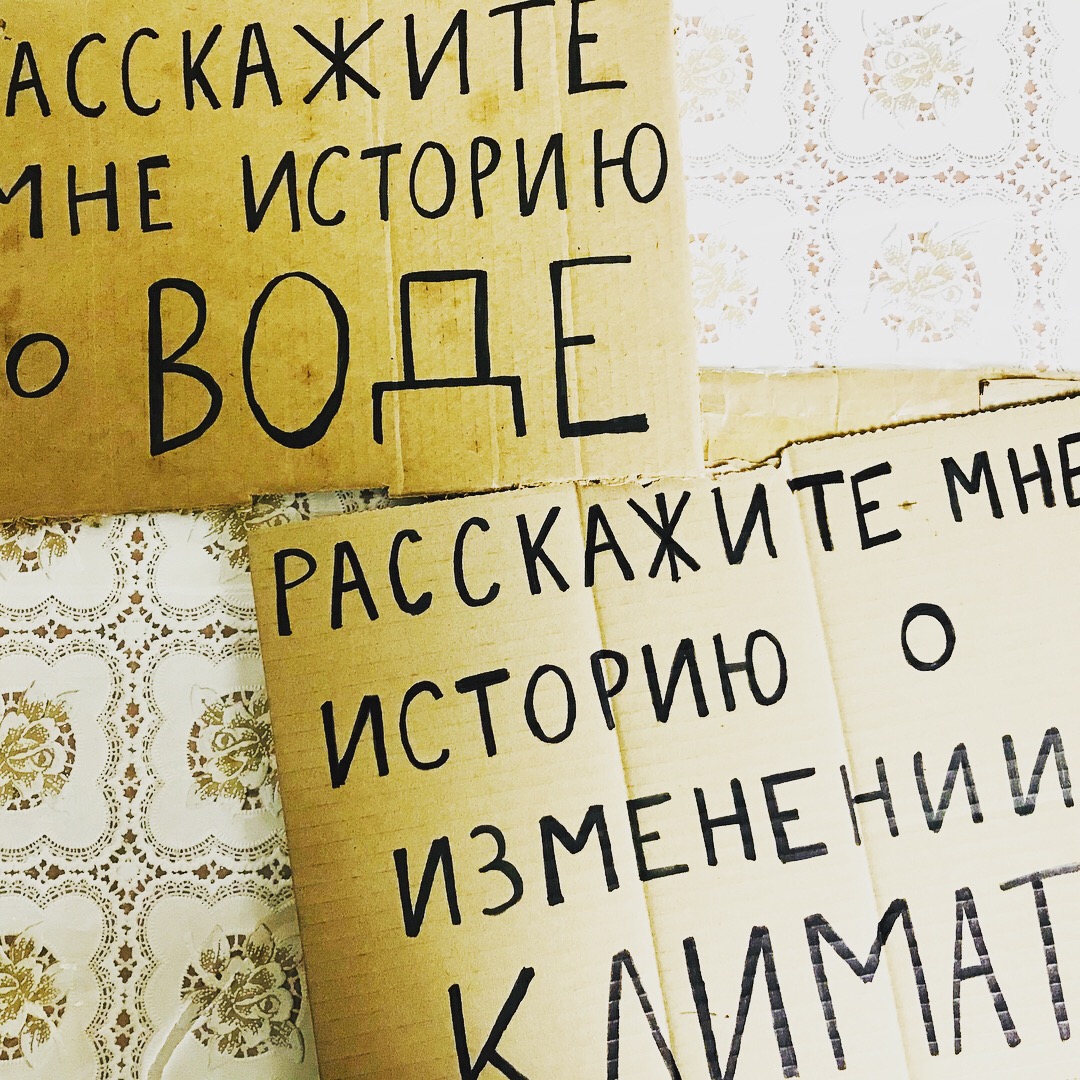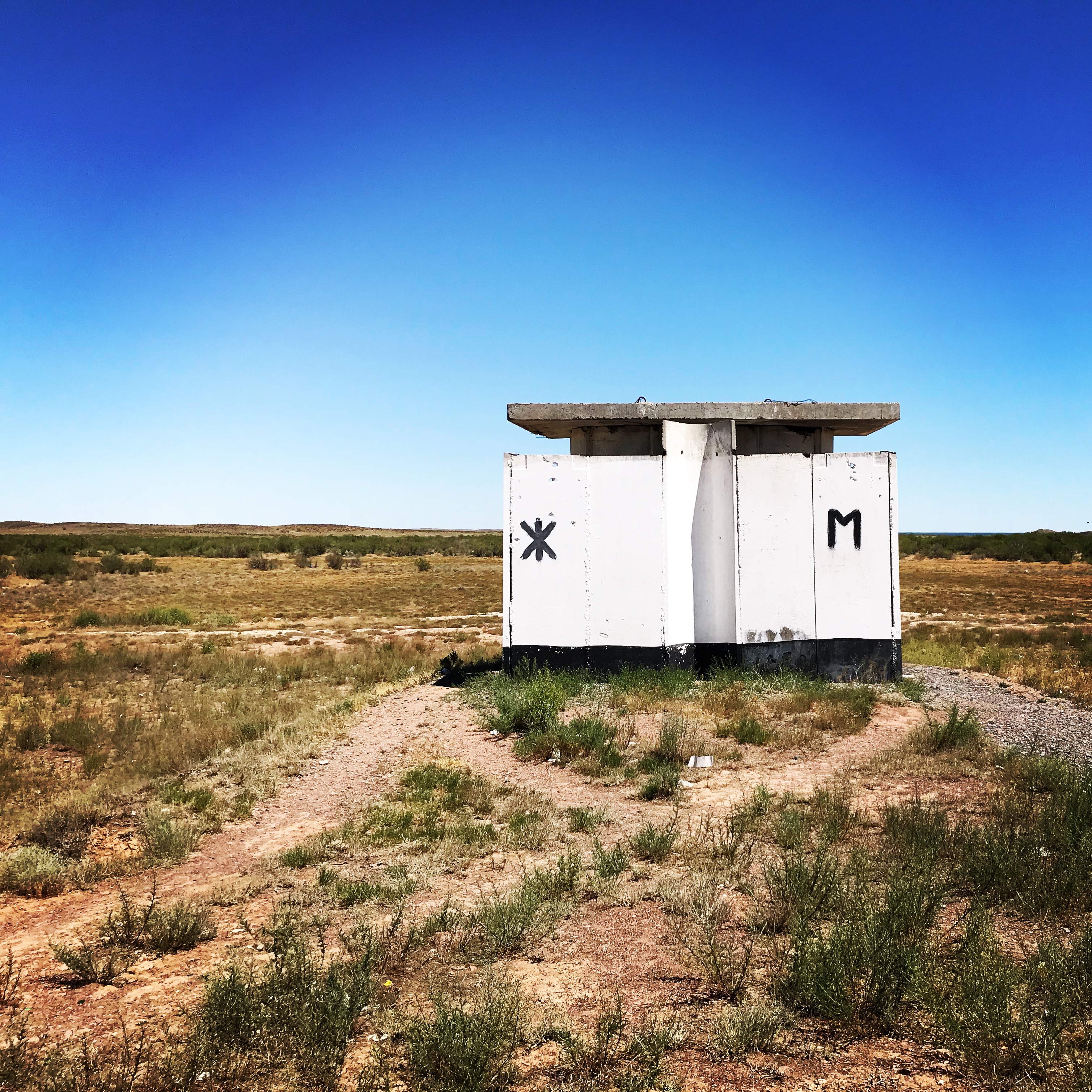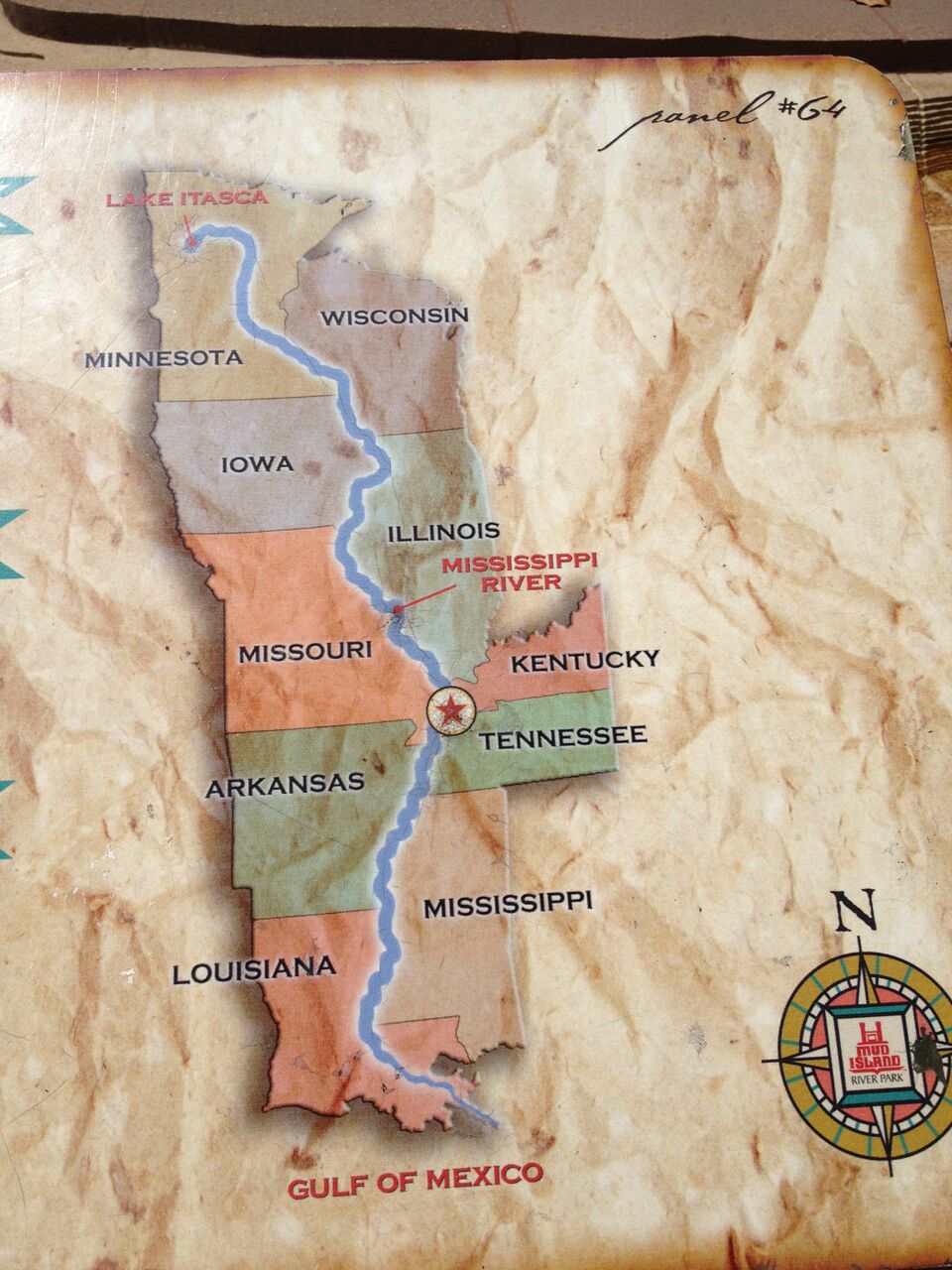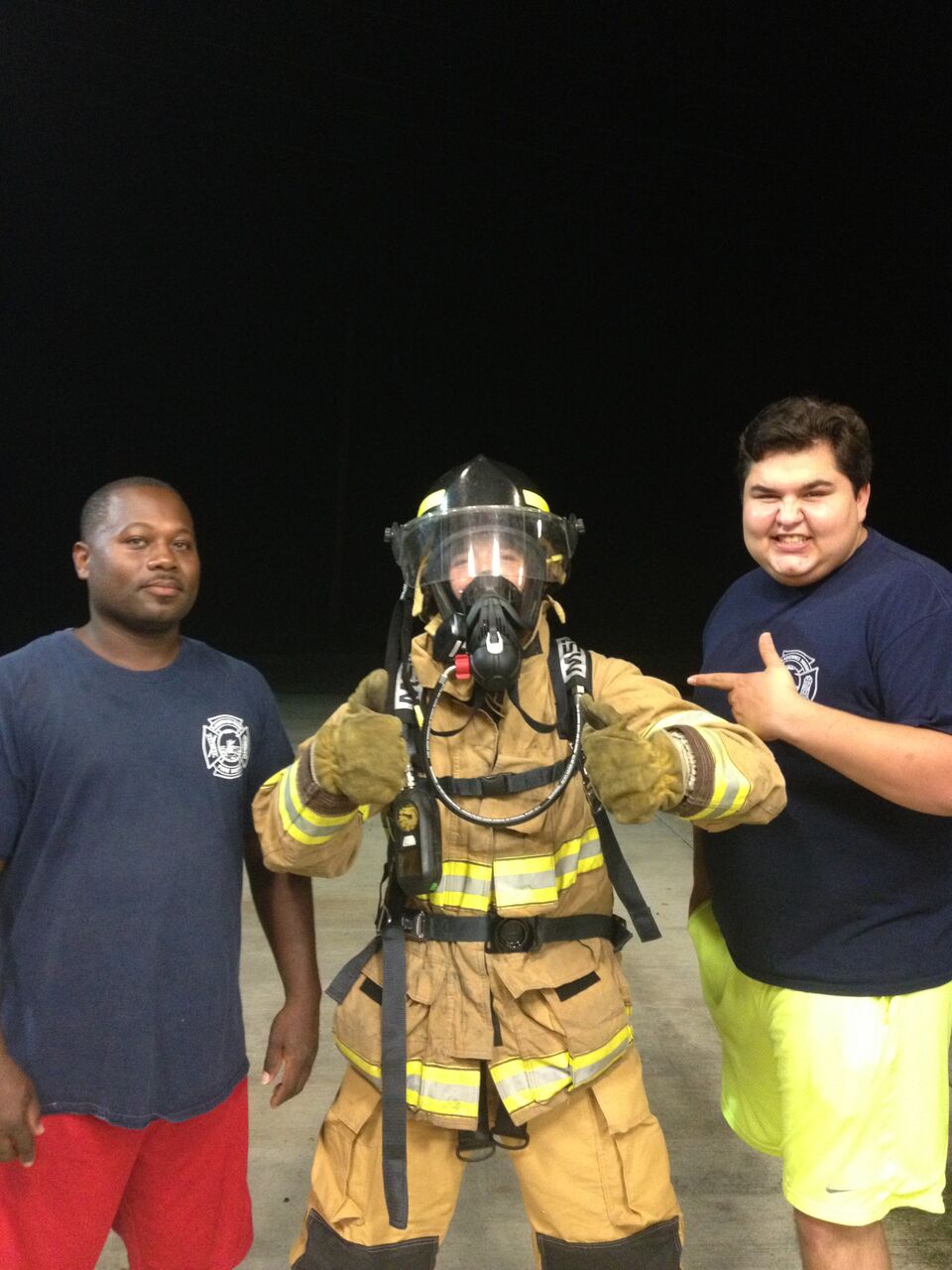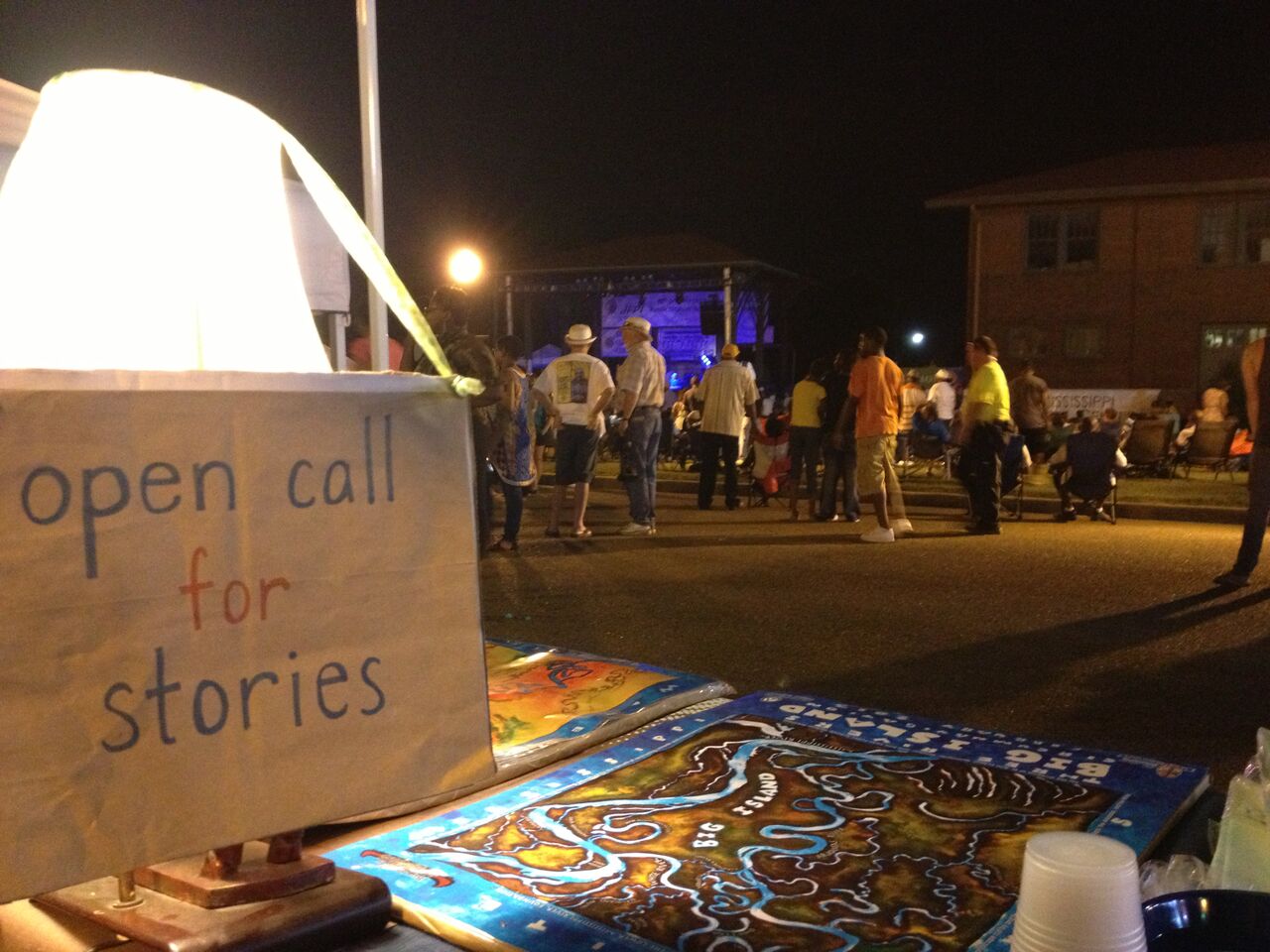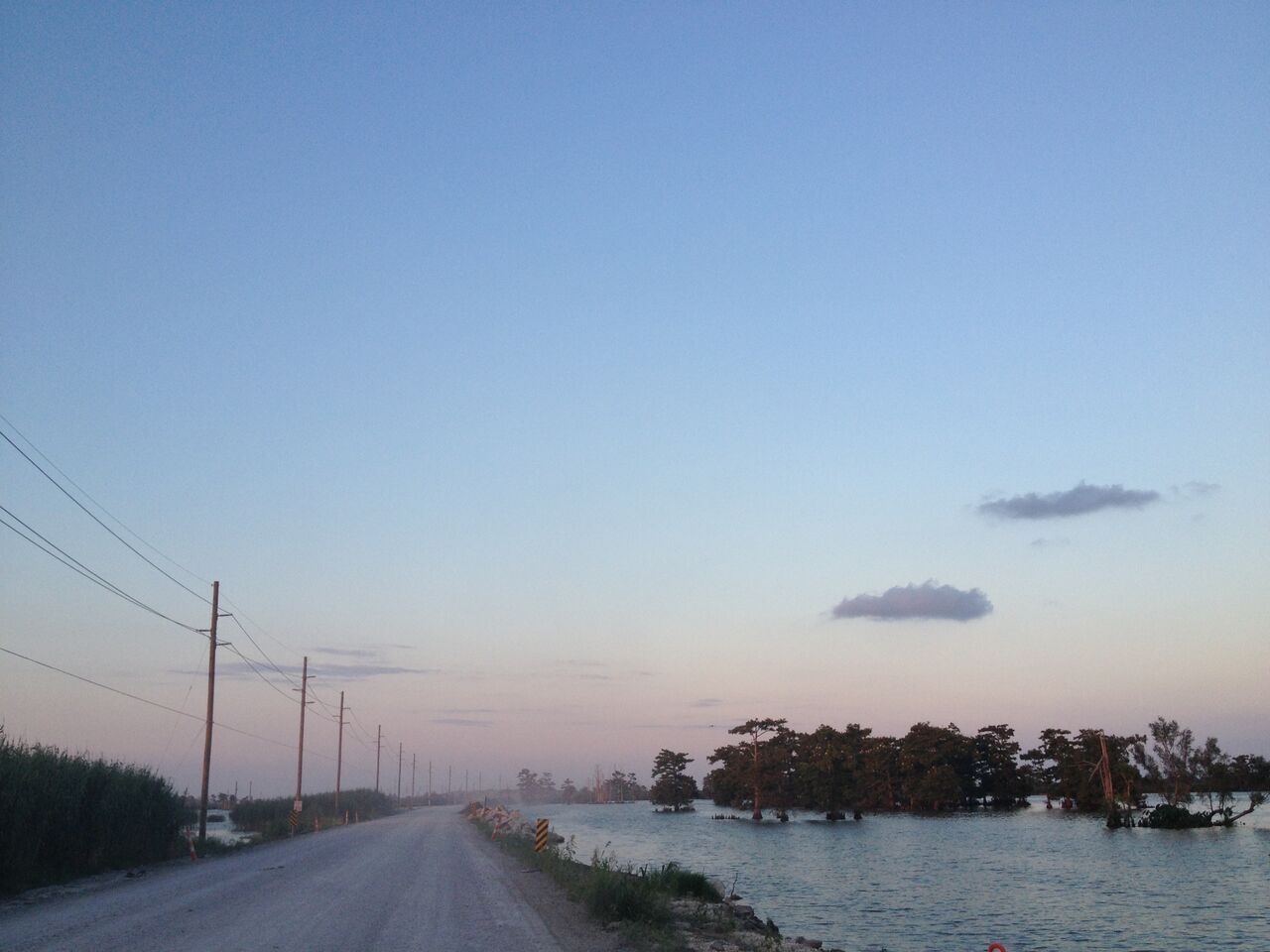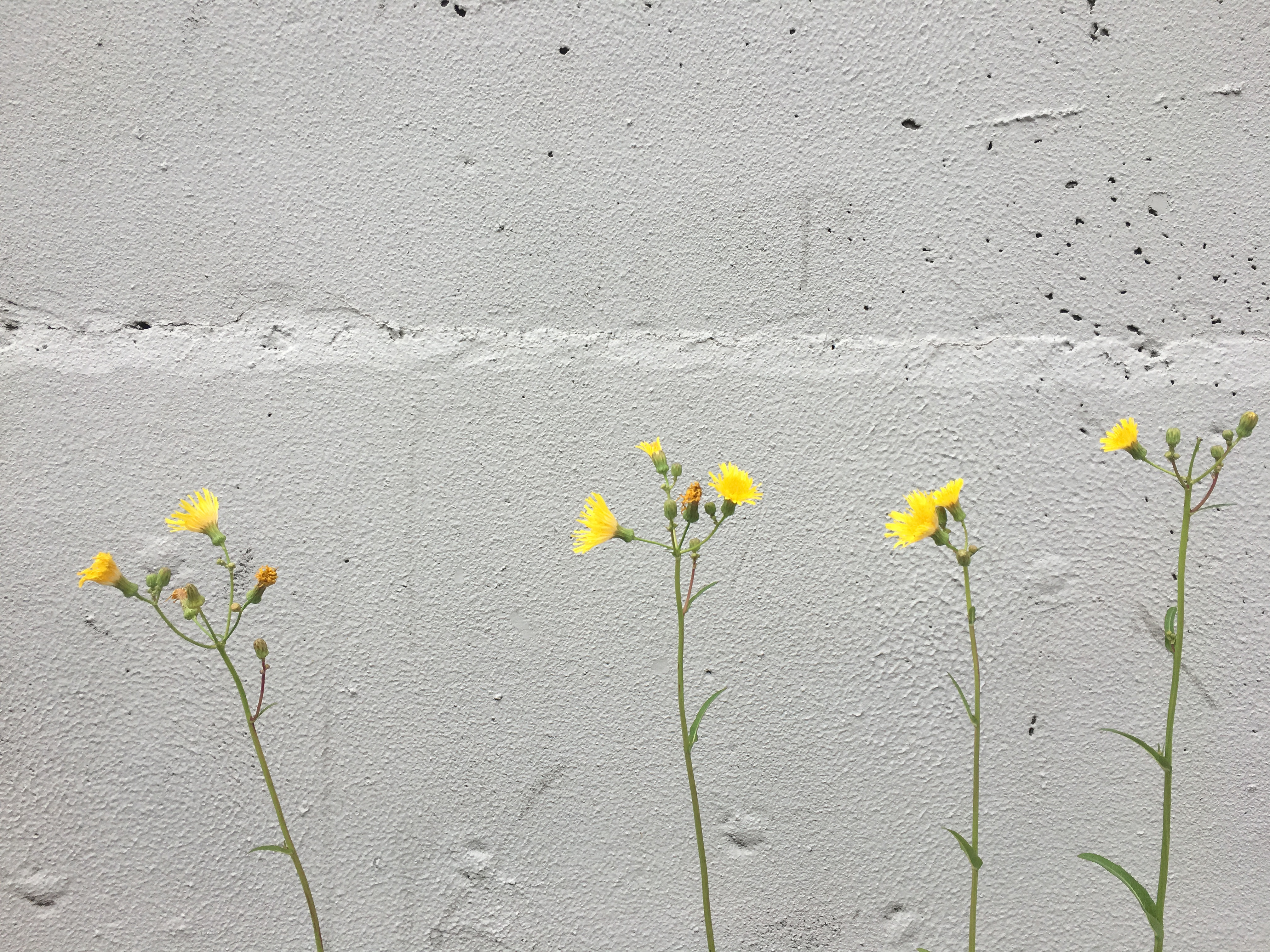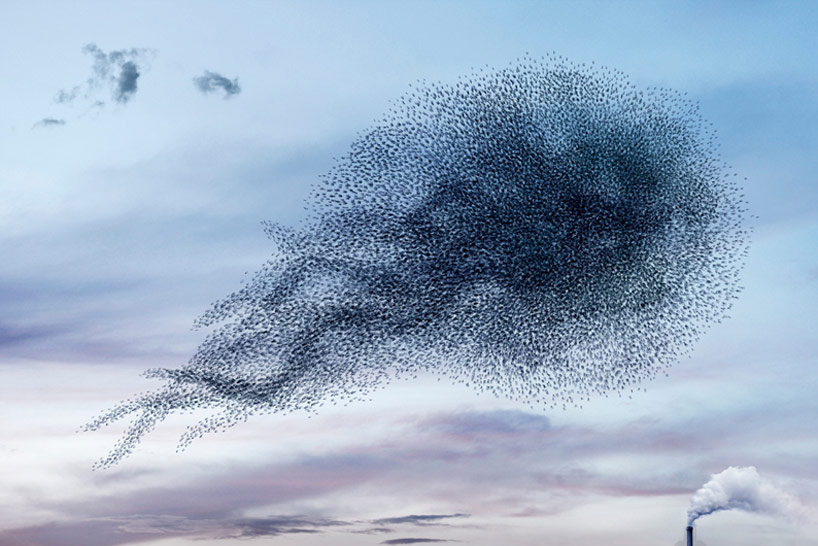Seven years ago, I started working on a book called 1,001 Voices on Climate Change. The book, which will be published by Simon & Schuster (Tiller Press) on August 24, 2021, features deeply-reported interviews with people who are experiencing the impacts of climate change on every continent except Antarctica.
I’ve found, in my years of collecting these stories, that personal details often move the hearts of others more than even the most dire stats and headlines. My goal is to advance the climate change conversation beyond its current stalemate.

You can pre-order 1,001 Voices on Climate Change here: http://bit.ly/1001Voices
… or ask your local library to carry a copy!
If you have any suggestions of bookstores or other venues who might be interested in doing an event together around the time of launch, please don’t hesitate to be in touch.
I’m so excited for this book to be in your hands.
Advanced Praise for 1,001 VOICES ON CLIMATE CHANGE:
“This is a great adventure story, but also a completely necessary book—the climate crisis has reached the point where people around the world feel it, understand it, and talk about it in ways that everyone needs to hear.”
—Bill McKibben, author of The End of Nature
“A hybrid of travel literature and oral history, Lockwood somehow shrinks the ungraspably vast problem of climate change down to a human scale, then, patiently, carefully, combines those individual voices into a planetary chorus. A monumental achievement.”
—Robert Moor, bestselling author of On Trails: An Exploration
“Devi Lockwood’s luminous book, 1,001 Voices on Climate Change, is a testament to the power of listening, and an amazing chance to let yourself hear the symphony of grief and of courage that plays through lives of people around the world, all trying to find their way on a relentlessly changing planet.”
—Deborah Blum, Pulitzer-prize winning author of The Poison Squad and The Poisoner’s Handbook
“‘Tell me a story.’ Is there a more fundamentally human sentence than that? Devi Lockwood circles the globe, seeking people’s experiences with water and climate change, from cultural myths, to rising seas’ impacts on daily life, to one woman’s pain, tuned to the voices of the trees. Lockwood seeks and you, dear reader, shall find.”
—Erica Gies, environmental journalist, science journalist, and author of the upcoming book Water Always Wins: Going with the Flow to Thrive in an Age of Droughts, Floods, and Climate Change
“In a world that needs more listening and more storytelling, Devi Lockwood covers the waterfront. This is an empathetic and beautiful book.”
—Richard Louv, author of The Nature Principle and Our Wild Calling
“In the spirit of Arabian Nights, Lockwood summons the power of storytelling to cast a spell of empathy and understanding regarding our world’s greatest existential threat. 1,001 Voices on Climate Change takes readers on a global cycling journey, translating science into stories, to chronicle the human toll of the climate crisis.”
—Mona Hanna-Attisha, Flint pediatrician and author of What the Eyes Don’t See: A Story of Crisis, Resistance, and Hope in an American City
“This dazzling and significant collection captures the voices of people around the world, from Tuvalu to Thailand, from Australia to Kazakhstan, who are experiencing firsthand the life-altering effects of climate change. Lockwood’s approach to recounting their stories is compassionate and impassioned, focused as much on the tiny details of life as the larger planetary changes afoot in her interviewees’ own backyards. 1001 Voices on Climate Change is beautiful and necessary reading.”
—Amy Brady, executive director of Orion
“As the fight against climate change accelerates, Devi Lockwood reminds us why.1001 Voices on Climate Change records vivid stories from those already living through the climate crisis. Lockwood takes us to every corner of the world to remind us to stop and listen. It is a compelling snapshot of this moment.”
—Samantha Montano, Phd, Author of Disasterology: Dispatches from The Frontlines of The Climate Crisis and Assistant Professor of Emergency Management at Massachusetts Maritime Academy
“In this book, Devi illuminates the human stories the world so desperately needs. Devi’s gift is in meeting people, as they are, and pulling out the essence of their stories in such a way that speaks louder than words. It is not with spreadsheets, graphs, and technology that we will overcome the challenges of climate change, but with a transformation of our culture through story.”
—Alina Siegfried, Author, Narrative Specialist, Spoken Word Artist, and Systems Change Advocate
“A great storyteller needs first to be a great listener, and with each pedal of her bike—up and down previously unknown paths—Devi Lockwood hears from those living through climate change and related water woes literally on the front lines. Her skills at storytelling are matched by her mastery of listening. The results are riveting.”
—Bud Ward, Editor, Yale Climate Connections
“In this lovely, engaging book—by turns wry and heart wrenching, and always candid and warm—Devi Lockwood connects us with humanity itself as we confront the existential threat of the climate crisis. Lockwood’s book is alight with vivid characters and stories from every inhabited continent, brought together by her own compassion and curiosity. It’s a book we need now.”
—Miranda Massie, Director, The Climate Museum





